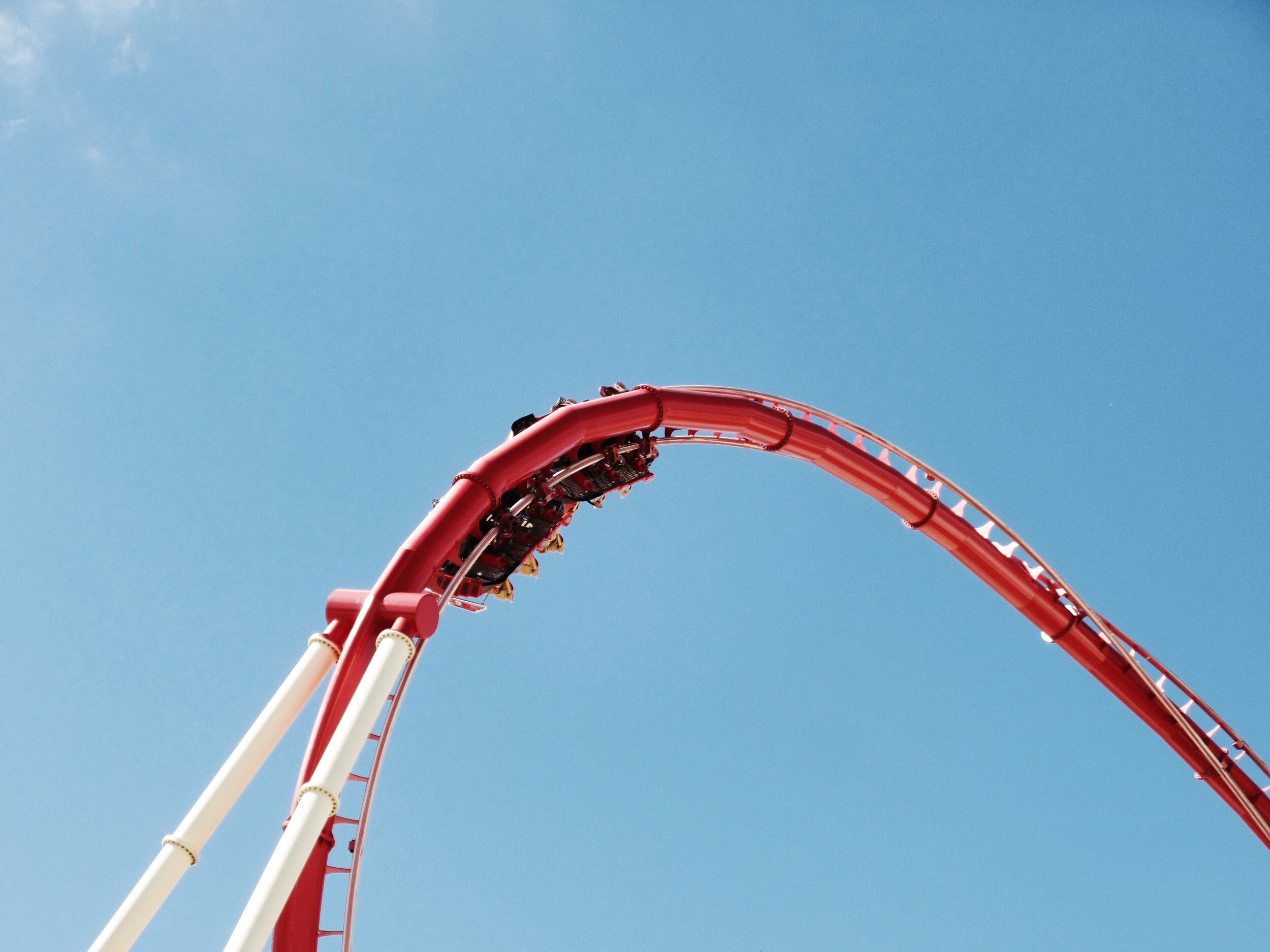ON WORK ETHICS || The Japanese “Isshoukenmei” Way of Trying With All One’s Might

I am sitting on my Japan Airlines flight from Tokyo bound for Vancouver enjoying my in-flight meal as I am reminded of a Japanese saying “Isshoukenmei”, which translates to “to try one’s best”, “with all one’s might”, “with utmost effort”. If we look at the direct translation of the Kanji characters of this saying 「一生懸命」, it means to dedicate one’s life to do it well - how’s that for trying your best?
Why did this in-flight experience remind me of this saying? It is because even though I am in an economy seat, I don’t feel like any of the service I am receiving is sub-par, in fact, the flight attendants are attentive to our needs, with details such as hot towels handed out prior to meal service.
As they placed the dinner meal on my tray table, I noticed a pamphlet on top of the tray, which detailed how Japan Airlines had invited 6 award-winning chefs from Red U-35 [Ryorinin’s Emerging Dream] as supervisory chefs at JAL. Red U-35 is a competition that started in 2013 as Japan’s largest culinary competition to discover young talented chefs of tomorrow. The partnership challenges the young chefs to develop a unique offering for the airline’s Economy Class menu, leveraging the boundless inspiration of youth while also encouraging the young chefs’ dreams to share their culinary prowess on the world stage.
“Each season, menus created by 2 different chefs will be presented. Please enjoy the friendly rivalry of these young chefs, as they test their dreams against each other in the sky with JAL.”
While in North America the words “friendly competition” is often regarded as “fierce and aggressive competition”, if you have experienced Japanese culture, from watching their dramas to reading their magazines and interacting on a daily basis with service staff, you will see that the culture propagates authentic competition with the aim of making the overall foundation of the country better'; rarely is it for individual gain.
The breakfast meal service featured a different collaboration, this time with DEAN & DELUCA, which opened its doors in SoHo, New York, in 1977. Another small pamphlet complete with illustrations tells the story of the brand’s opening, the cultural interpretations of how different cultures make “chicken over rice”, and how this execution is unique in a DEAN & DELUCA way. A meal is made more memorable with this extra attention to detail, and the traveler next to me showed his appreciation as he uttered “suge!” (Japanese for “wow!”) as he opened his meal; the chicken is stored in a separate compartment from the rice below, ensuring that the chicken and rice aren’t soggy from the distillation.
“Travel is adventure. Learning about history and culture of various countries and land lead to unexpected discovery. And you come to realize that people are all the same despite the differences in the color of one’s hair or skin, race, language or thoughts. Traveling has also taught us that good food is the joy of life, anytime or anywhere. In the sky, too.”
As I read the pamphlets I am in awe of the level of service and thought put into the meal service. Whereas other airlines servicing the same route offer meals with bland descriptions of “chicken or beef”, the Japanese way of dedicating their all to something, the concept of “Isshoukenmei”, is evident in this simple tray of food placed before me, where even the cover has been customized to showcase the participating chef, and the breakfast box bears the logo of the collaborative restaurant. “Attention to detail” comes standard in every interaction; Japan Airlines provides a process beyond simply getting their customers from point A to B, but also seeing travel as an all-encompassing experience by committing themselves to providing a comfortable, relaxing journey that passes in the blink of an eye.
I think to myself, “what if we are able to adopt this way of operating towards our goals?”
Because of the proliferation of social media and advances in technology, we are ever more gravitating towards wanting instant gratification, fueling behavior where it is becoming harder for us to pursue goals that “take time”. When I say a goal that takes time, I am referring to goals that take 3 to 5 years, or even 10 years or an entire lifetime. It seems hard to excite anyone with an idea that requires more than a few month’s efforts, so the concept of dedicating one’s entire life to a goal seems like it a far-fetched dream. For those who have watched “Jiro Dreams of Sushi” on Netflix, a documentary showcasing Chef Jiro Ono, who has dedicated his entire life to the art and craft of perfecting sushi, you will see how this fairytale still exists, where this chef dedicated his entire life to doing one thing really well.
How will you improve your dedication to your goals in 2020? January is a month where everyone is seeking a refresh or restart, but maybe rethinking your level of dedication to your goal (is it to the level of “Isshoukenmei”?) and increasing your efforts could glean new progress in your journey.





